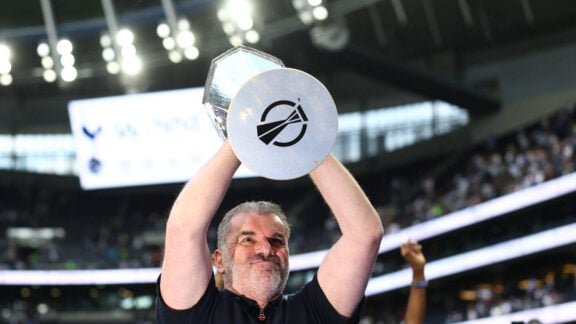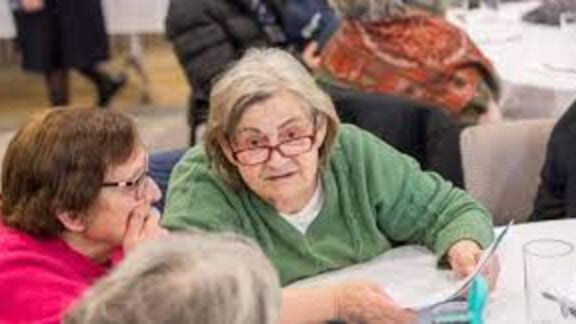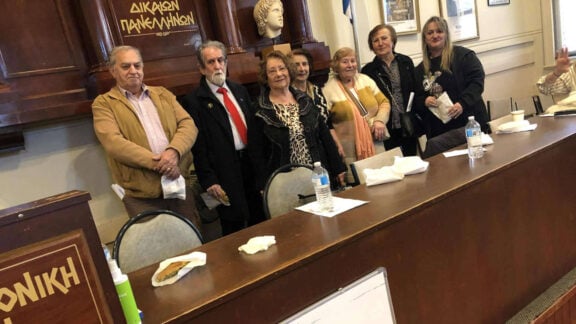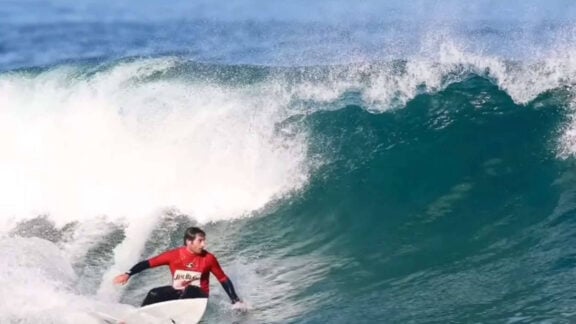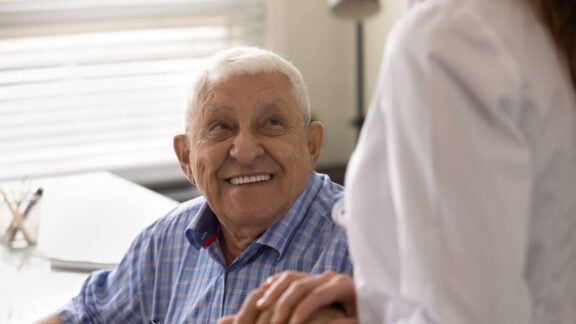Politicians have marked the beginning of a new era as the 48th federal parliament is set to start.
Veteran MPs and fresh-faced senators alike sat shoulder to shoulder marked on the pews of the Wesley Uniting Church as they marked the opening of the parliamentary year in Canberra on Tuesday.
Prime Minister Anthony Albanese hoped for the health and wellbeing of all Australians during the church service, and remarked on the tradition as a “wonderful way” to start the term.
“Everyday is an opportunity to deliver for Australians and this week we will have legislation to do that,” he told reporters outside the church.
“We’ll continue to work hard each and every day in the interest of Australians.”
Mr Albanese’s second term as prime minister will see him wield an even larger parliamentary majority, with Labor holding 94 of the 150 seats in the House of Representatives.
Across the chamber, Opposition Leader Sussan Ley will preside over just 43 lower house MPs after an election wipeout for the coalition.
“We got smashed at the last election and the number of seats that we now hold is a demonstration that we are at a low point,” she told reporters after the service.
“But we’re here to work hard, we’re here to put the interests of the Australian people that we come here to represent front and centre.
“And we know that aspiration connects every single threat of Australian society.”
The ceremonial proceedings continued as politicians arrived at Capital Hill for a welcome to country and smoking ceremony.
Politicians were due to be sworn in from mid-morning before some of Labor’s freshman MPs deliver their first speeches to the House of Representatives later in the day.
Legislation set for the first week of parliament includes a 20 per cent reduction in HECS debt for university students, penalty rate protections and increased safety measures at childcare centres.
The coalition is still reviewing many of the policies it took to the election, but the opposition has flagged it is likely to support the student debt reduction measures, along with childcare protection laws.
Meanwhile, the Greens, who hold the balance of power in the upper house are set to introduce a private senators bill to reform Australia’s main environment laws.
Labor will likely have an easier time implementing its agenda, given its significant majority, but political lecturer at the Australian National University Jill Sheppard said the expanded government benches would also bring challenges.
“The pitfall for the government is less so hubris because they still have to negotiate with a pretty boisterous Senate,” she told AAP.
“The bigger issue for Labor is wrangling the 94 members of their caucus, and that’s going to be a real challenge.
“It may be a blessing to have a relatively clean slate after the election but it’s also a curse that everyone will want to have a say in what direction they go.”
Source: AAP


